Profile: How Nasrallah rose through ranks to become Axis of Resistance backbone
By Maryam Qarehgozlou
Sayyed Hassan Nasrallah, the Secretary-General of the Lebanese resistance movement Hezbollah, a visionary leader and a backbone of the Axis of Resistance, was assassinated in a massive Israeli attack in the southern suburbs of Beirut on Friday.
Israeli airstrikes on the Haret Hreik neighborhood, the main stronghold of Hezbollah in southern Beirut, leveled several residential buildings, with hundreds of civilians, including children, feared dead.
In a statement on Saturday, Hezbollah confirmed the martyrdom of Nasrallah, describing him as “an outstanding, courageous, wise, and insightful leader”, who joined his “great and immortal martyr comrades.”
“The leadership of Hezbollah vows to the highest, most sacred, and dearest martyr in our journey filled with sacrifices and martyrs to continue its struggle against the enemy, supporting Gaza and Palestine, and defending Lebanon and its steadfast, honorable people,” read the statement.
The Israeli regime has intensified its aggression against Lebanon since last week, which has led to the killing of more than 720 people, including dozens of women and children, since Monday.
The recent escalation came after nearly a year of Hezbollah operations in solidarity with the Palestinian nation and the Palestinian resistance as the death toll in Gaza has crossed the 41,500 mark.
Hezbollah has carried out near-daily operations in support of Palestinians in Gaza since October 8, 2023, only a day after Israel unleashed its genocidal war on the besieged Palestinian territory.
Nasrallah’s ironclad commitment to resistance against Israeli aggression and his unwavering support of the Palestinian cause made him a popular and loved figure in the Axis of Resistance.
“We are going to fight back stronger than ever before”
— Press TV 🔻 (@PressTV) September 28, 2024
Press TV's correspondent in Beirut says that while Israel may have killed one Hassan Nasrallah, they have instead created hundreds of thousands more, and the resistance will not stop with the loss of a single leader. pic.twitter.com/Ou3LIL6chW
A young man with big ambitions
Sayyad Hassan Nasrallah was born on August 31, 1960, in the eastern suburbs of Beirut, in the Matn district. He grew up in a poor Shia family and was displaced to southern Lebanon during his childhood.
Despite these challenges, Nasrallah was a motivated and devout student of Islam, and in 1975 he went to study theology at Ayatollah Mohammad Baqir al-Sadr’s Seminary in Najaf, Iraq, at the age of 16.
Al-Sadr, a prominent Islamic scholar, is said to have recognized Nasrallah’s qualities and is quoted as saying: “I feel in you the aroma of leadership; you are one of the Ansar [followers] of the Mahdi [Shia’s last of the Twelve Imams]....”
In 1979, the young Nasrallah joined the Amal Movement, a Lebanese Shia political group. However, owing to some differences, he left the group in 1982 to join the nascent Hezbollah movement.
Nasrallah quickly rose through the ranks of the popular resistance movement, becoming a key military commander during the Israeli occupation of Lebanon in the 1980s.
In 1985, Nasrallah took on the role of deputy head of the region within Hezbollah.
Later, he was promoted to the position of chief executive, which involved carrying out the decisions made by the organization’s Shura Council, the governing body responsible for making strategic decisions and formulating policies for the group.
As chief executive, he was responsible for ensuring that the group’s decisions were implemented effectively, and for managing the day-to-day operations of the movement.
He played a key role in the resistance against the Israeli occupation regime, and his strategic acumen earned him the respect and admiration of his fellow fighters and commanders.
Nasrallah’s steady rise to this position was a testament to his leadership skills and his commitment to the group’s goals and values.
He was seen as a trusted and capable leader who could navigate complex political and military situations.
His appointment as chief executive of Hezbollah was a significant milestone in his career and set the stage for his eventual rise to the position of Secretary-General.
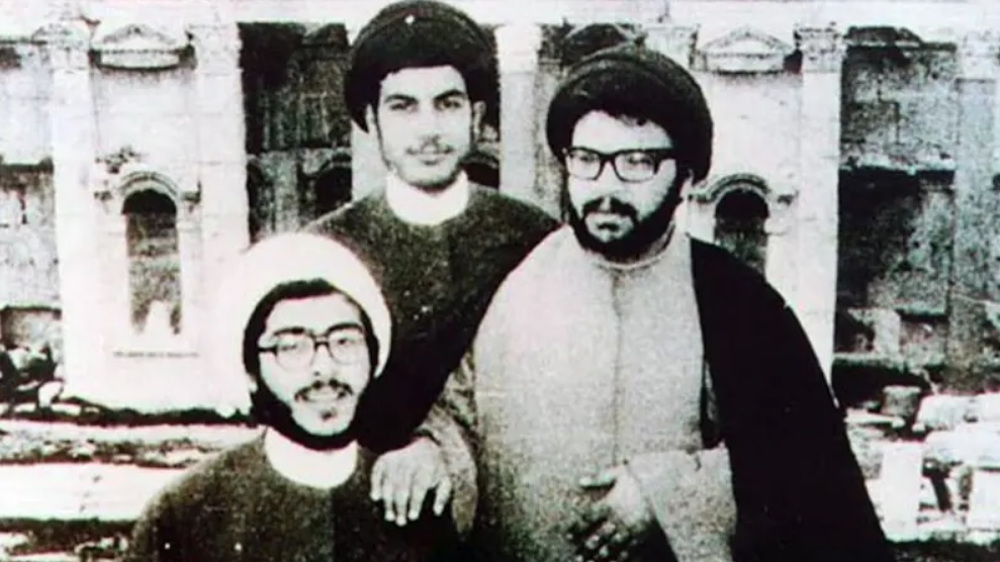
Successor to Abbas Musawi
In 1992, Abbas al-Musawi, the Lebanese Shia cleric and the co-founder of Hezbollah, who served as the group’s Secretary-General, was assassinated by the Israeli regime.
Nasrallah succeeded him as the leader of Hezbollah on February 16, 1992, a position he held until his martyrdom on Friday.
Under his inspiring and able leadership, Hezbollah grew into a powerful political and military force in the region, with a strong base of support among Lebanon’s Muslim and non-Muslim communities alike.
After he was appointed the Hezbollah leader, he immediately set about reshaping the organization’s strategy and tactics in response to changing political and military realities.
Under Nasrallah’s leadership, Hezbollah launched a series of highly effective operations against Israeli forces in southern Lebanon, which were designed to make the occupation of southern areas untenable for Israeli forces, and ultimately succeeded in achieving their goal.
In 2000, after nearly two decades of struggle, Israeli forces finally withdrew from southern Lebanon, marking a major victory for Hezbollah and the broader resistance movement in the region.
Nasrallah played a key role in this victory, both through his leadership of Hezbollah’s military operations and through his political skills in negotiating with the Lebanese government and other regional actors.
In 2004, Nasrallah played a pivotal role in negotiating a major prisoner exchange between the Israeli regime and Hezbollah, which resulted in the release of hundreds of Lebanese and Palestinian prisoners held illegally by Israel.
The 2004 prisoner exchange further cemented his reputation as a skilled diplomat.
The exchange was also significant for Nasrallah on a personal level, as it resulted in the return of the remains of his son, who had been killed by Israeli forces in 1997.
The return of his son’s remains was a powerful symbol of Nasrallah’s dedication to the cause of resistance, and his willingness to make personal sacrifices for the sake of his people.
Nasrallah’s leadership during the 33-day Lebanon War in 2006 further solidified his reputation as the “leader of the resistance” both within Lebanon and across the broader Arab and Islamic world.
Throughout the war, Hezbollah was able to hold the line against a massive Israeli military onslaught and emerged victorious with its reputation greatly enhanced.
The group’s ability to withstand Israeli air strikes and ground offensives, and to continue launching rockets and missiles into Israeli-occupied territories, demonstrated its tremendous military prowess and its commitment to the cause of resistance against the Zionist occupation.
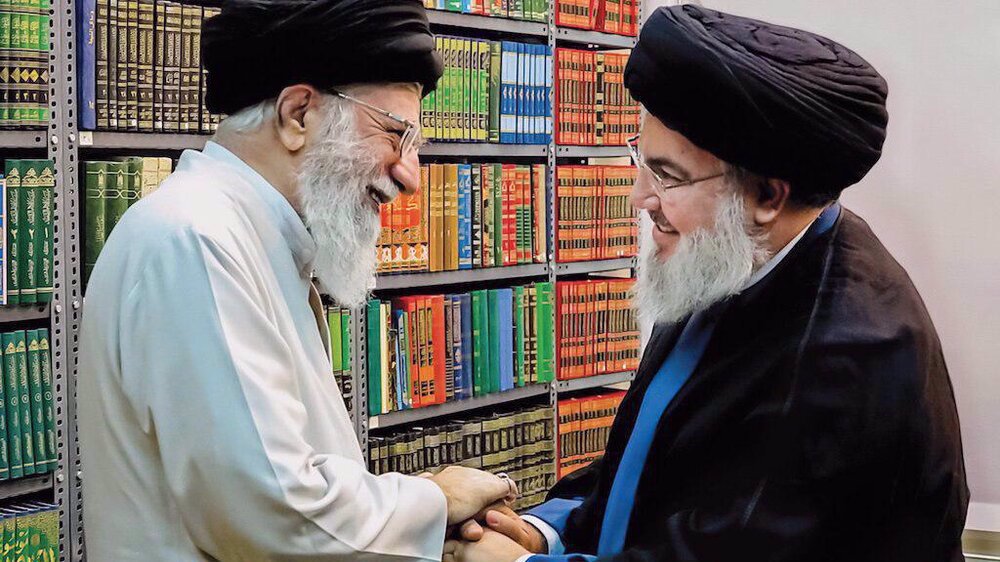
A man of strong alliances
Nasrallah was particularly instrumental in building alliances with other regional actors, including Iran and Syria, and in coordinating resistance efforts against the Tel Aviv regime.
Nasrallah was a vocal supporter of Syria, particularly the government of President Bashar al-Assad, during the country’s civil war which began in 2011, opposing West-backed attempts to undermine the Assad government through mercenaries and terrorists.
Hezbollah fighters have been actively involved in the Arab country, fighting alongside Syrian government forces against US-backed terrorist groups to prevent the spread of extremist groups in the region.
Nasrallah was also known for his eloquence and charisma as a public speaker.
His speeches have inspired millions of people across the region, and his message of resistance and self-determination has resonated with oppressed people around the world, including Palestinians.
Despite numerous attempts to assassinate him and undermine his leadership, Nasrallah remained steadfast in his commitment to the cause of justice and liberation.
His leadership has been critical in defending Lebanon’s sovereignty and dignity, and in inspiring a new generation of resistance fighters.
With the beginning of Israel’s genocidal war on Gaza last year in October, he declared the opening of a “front in southern Lebanon to support Palestinian resistance.”
Unwaveringly committed to this cause, he vowed in numerous speeches that this front would tirelessly persevere until the devastating war on Gaza ended.
Nasrallah was a true hero of the Axis of Resistance, and his legacy will continue to inspire and guide future generations in their struggle for justice and liberation.
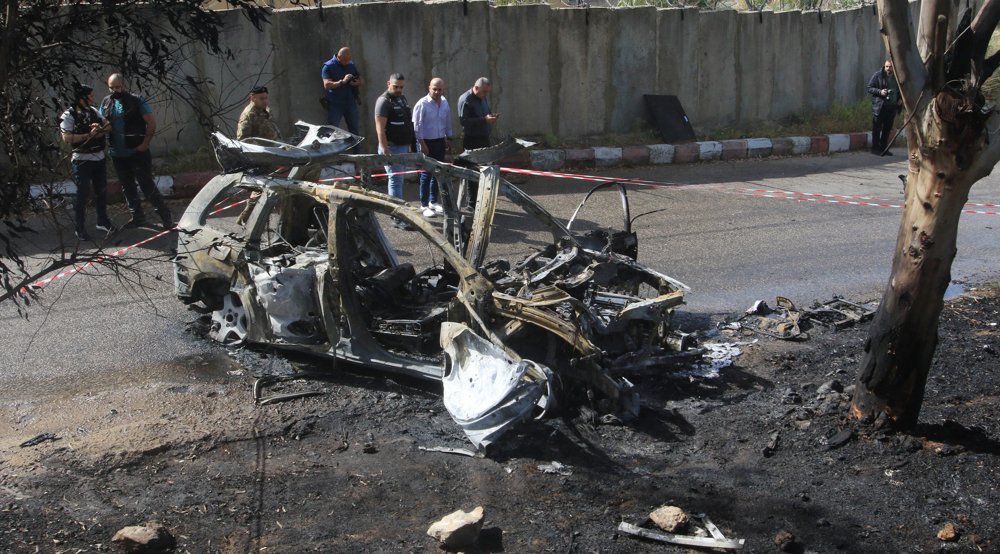
Hezbollah urges Lebanese govt. to act after Hamas-allied leader assassinated
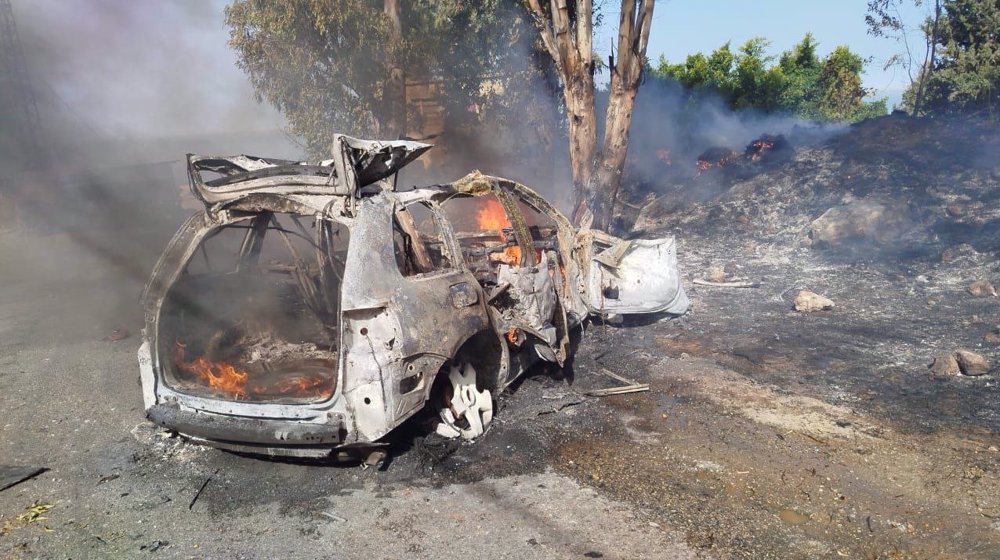
Senior Hamas-allied leader killed in Israeli drone strike south of Beirut
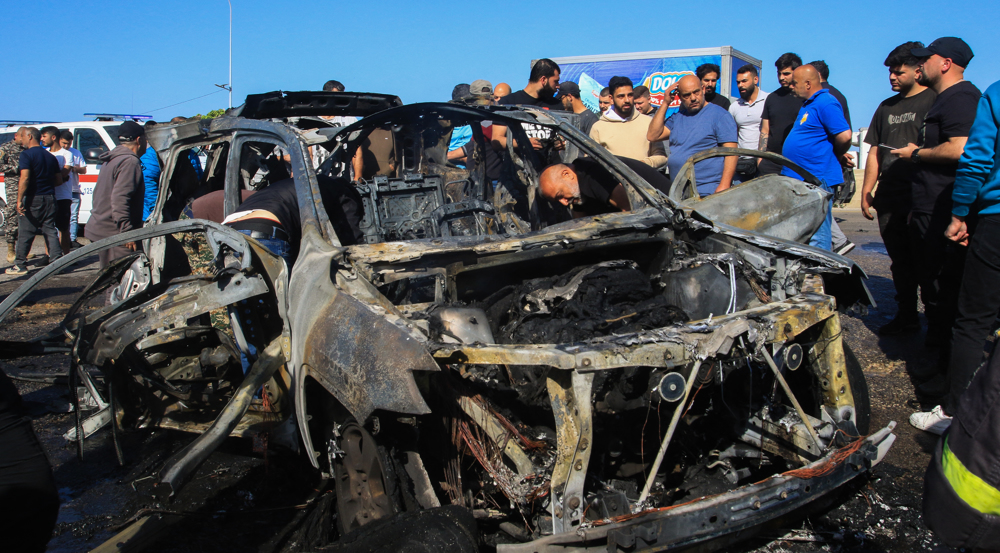
Israeli airstrikes kill at least two in southern Lebanon: Health officials
Netanyahu’s anger source of joy for us: Ansarullah
Iran, China working resolutely to safeguard mutual interests: Tehran says as FM departs for Beijing
Yemen asserts enhanced military readiness; takes US aircraft carriers under firepower
VIDEO | Iran seeks foreign investment to boost oil, gas sectors
Iran condemns terror attack in India's Kashmir region
After second Signalgate scandal, Democrats call for Hegseth’s resignation
Mahmoud Khalil missed son's birth after US officials denied temporary release
Iran’s annual inflation up 0.7% to 33.2% in April: SCI


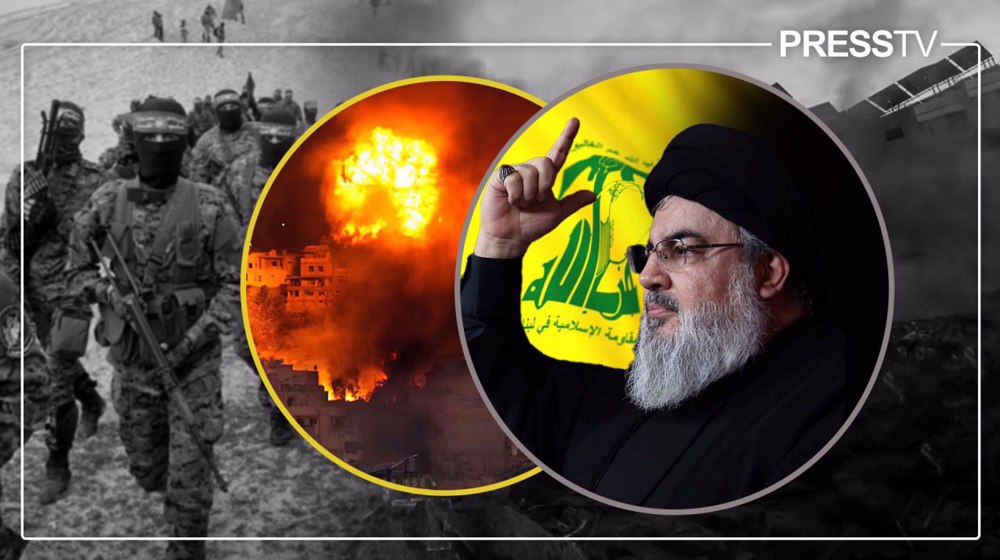



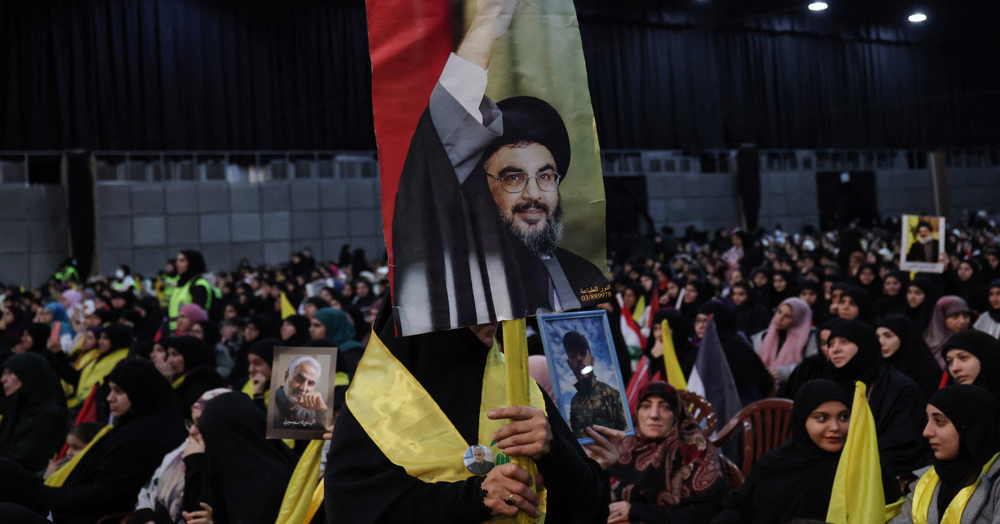
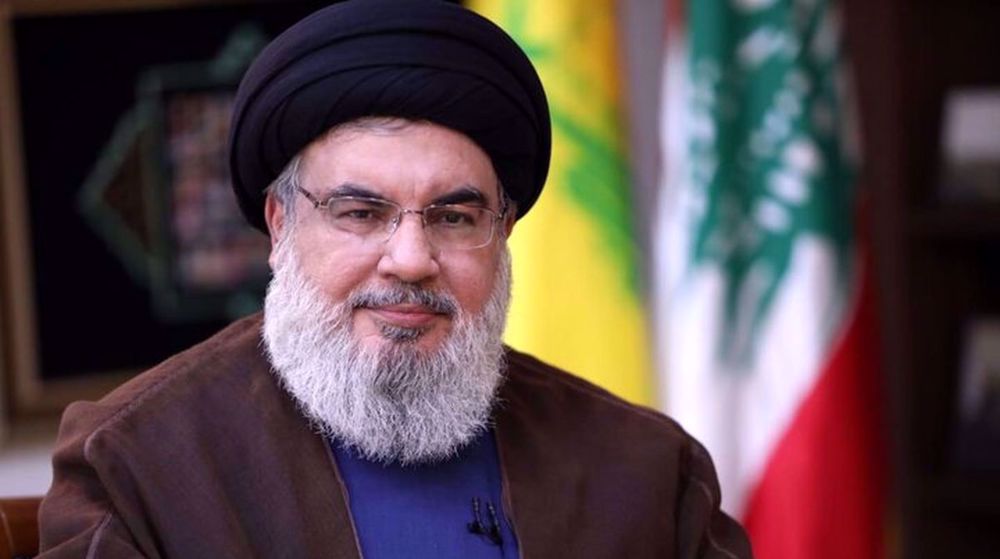
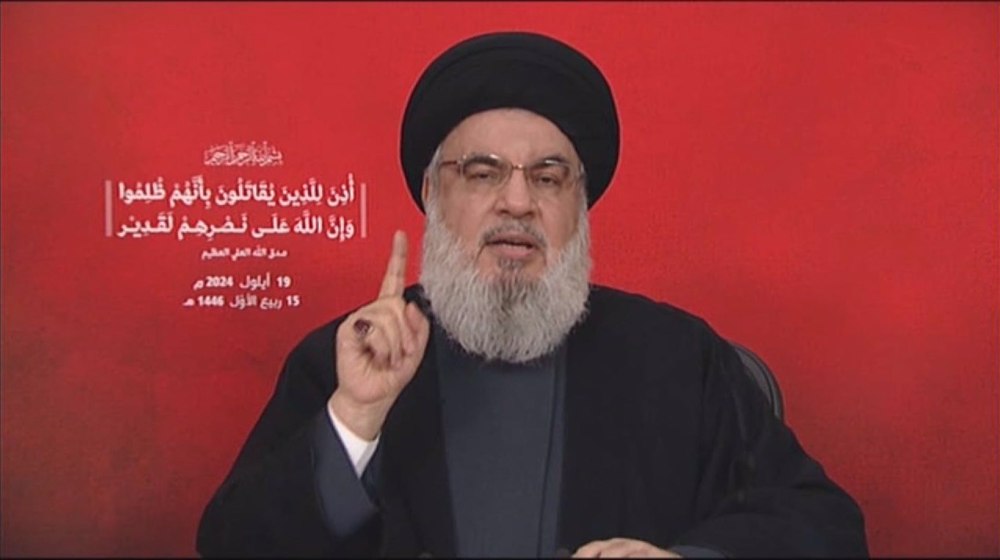
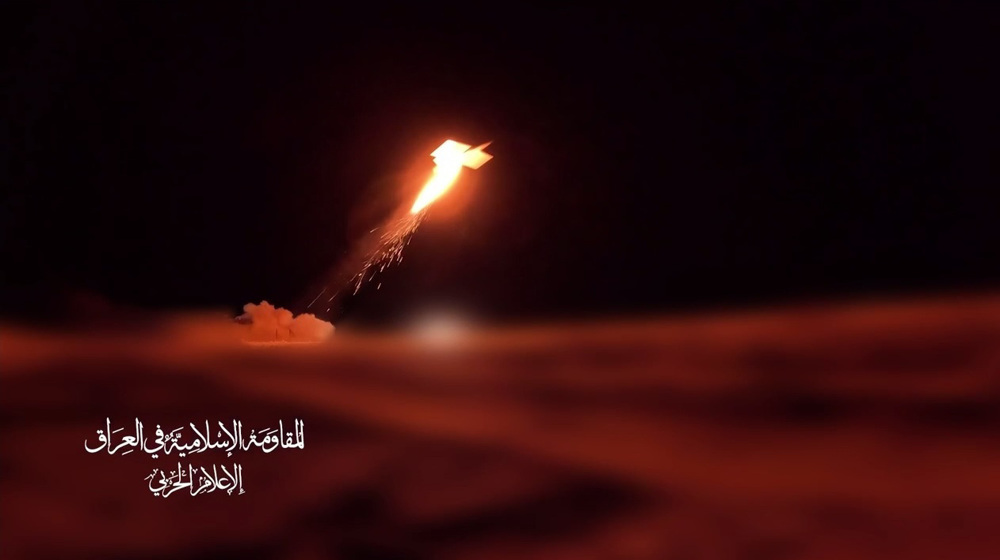
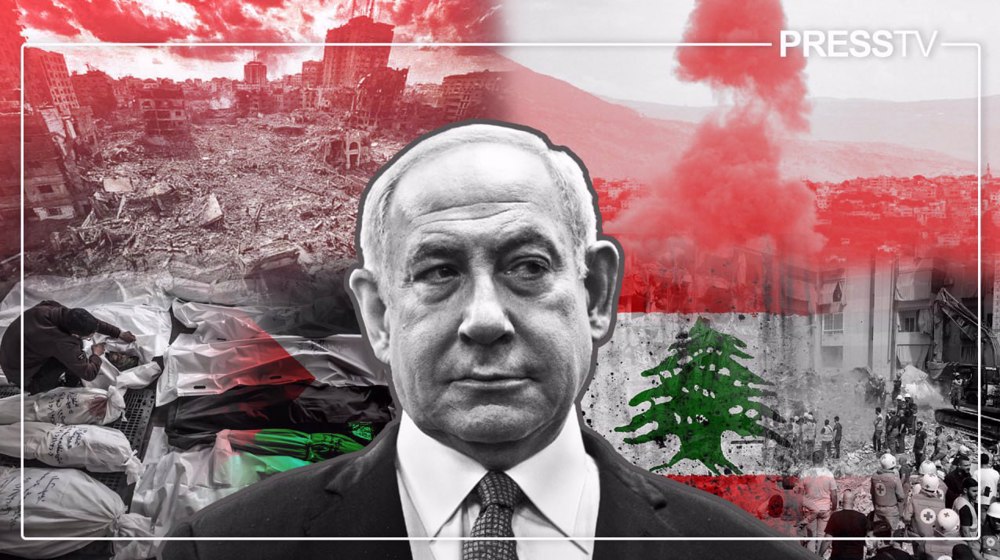

 This makes it easy to access the Press TV website
This makes it easy to access the Press TV website